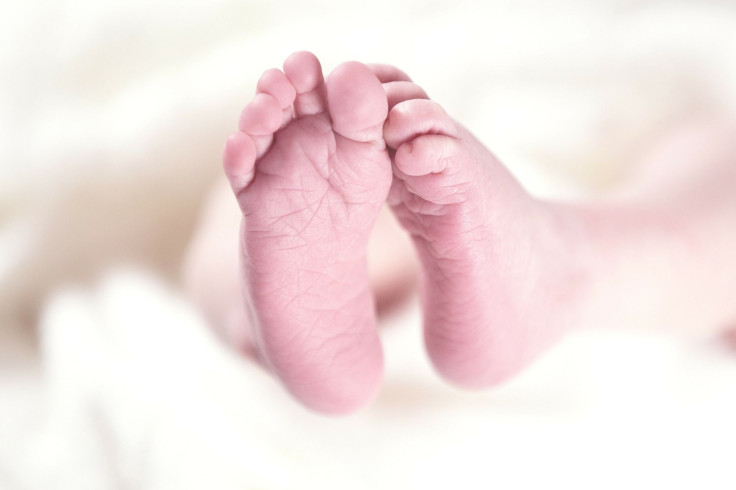Antidepressant Use In Pregnancy Isn't Linked To Health Problems In Babies, New Research Says

Pregnancy comes with a lot of sacrifices, namely giving up red wine with dinner, weekly trips to your favorite sushi spot and obscene amounts of coffee. Expectant mothers dealing with depression face a more serious challenge: giving up medications for the health of their babies. For years, it’s been thought that certain antidepressants could harm newborns, but a new study found that babies exposed to antidepressants while in the womb did not have problems with irritability, difficulty eating, sleep disturbances or breathing problems, two to four weeks after birth.
Read: Baby Blues Diet: Nutritional Supplements May Prevent Post-Partum Depression
Scientists from Northwestern University studied 214 mothers who were separated into three groups: women diagnosed with a mood disorder but who were not taking antidepressants; women with mood disorders taking antidepressants classified as serotonin reuptake inhibitor, or SRIs; and women who didn’t have a mood disorder or take any antidepressants. SRIs are the most commonly prescribed types of antidepressant medications and include brand names like Prozac and Zoloft.
Babies were evaluated using the Finnegan Scale, which health professionals use to assess the effects of illegal or prescription drugs on infants. There are 21 symptoms listed to evaluate bodily system disturbances like high pitched crying or vomiting.
There have been previous studies to assess the effects of antidepressants on babies, but infants were evaluated earlier, at less than two weeks old, but this study lengthened the period up to four weeks. The team believe the extra time gives a more accurate picture.
“At two to four weeks postpartum, the signs women were reporting to us were more associated with preterm birth rather than whether their babies were exposed,” explains study co-author Dr. Katherine Wisner, in a statement.
This study is good news for the 1 in 10 women who deal with depression while pregnant. One of the most common complications that women face while pregnant, depression often occurs in a woman’s 20s, which is also the age that many start having their first child.
While treating depression remains important during pregnancy, some mothers decide to go off medications just to be safe. Prior research has linked the use of antidepressants with premature births, lower birth weight, trouble breathing and other developmental issues, reports Cosmopolitan of an observational study looking at 750,000 births. The research authors do note that the adverse effects evaluated in the study were linked to preterm births rather than the medication, but the medication could be one factor leading to those premature deliveries. However, Mayo Clinic does say that SRI medications are generally considered safe to use while pregnant. While small, this study does provide new insight into the safety of medications in pregnant women.
Read: Hepatitis C Cases Nearly Double In Pregnant Women Due To Opioid Epidemic
“Most pregnant women are naturally going to worry more about their baby’s health than their own and might forego taking an antidepressant to avoid these neonatal signs,” says study co-author Amy Yang, in a statement. “But with the information from this study, they can be reassured that the baby’s behavior at two to four weeks after birth is not likely due to exposure to medication or depression.”
See Also:
Yes It's Possible To Get Pregnant While Pregnant Because Of Superfetation
Published by Medicaldaily.com



























